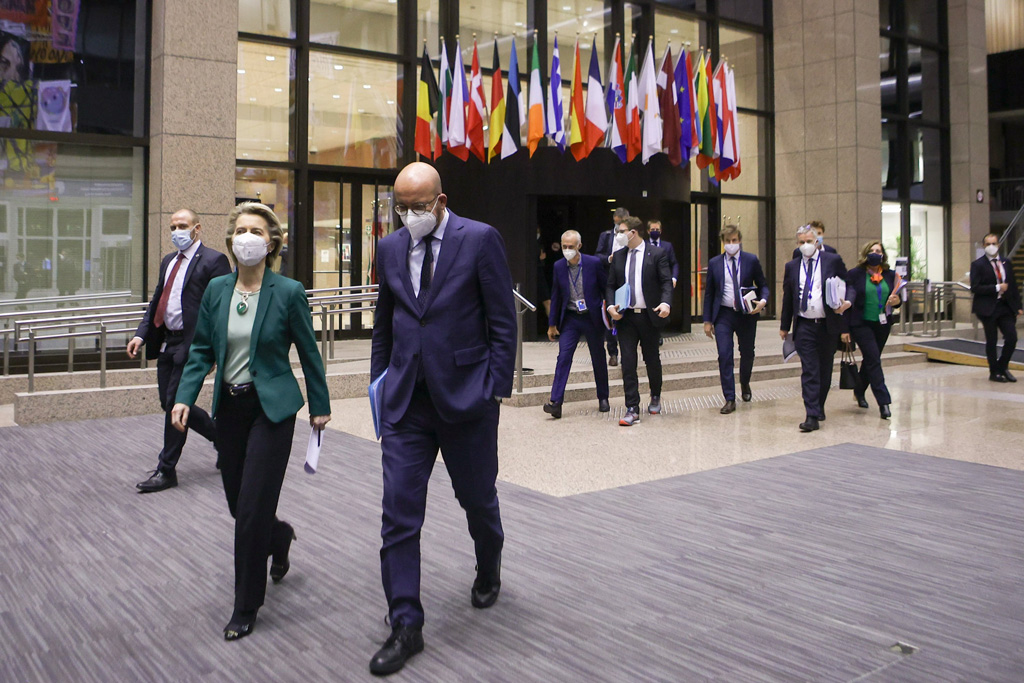Impacts on EU policy
Turkish actions in the Eastern Mediterranean, Libya and the Caucasus have deeply influenced the European Union’s policy. Unable to devise a common foreign policy, the Europeans cannot seem to decide when to treat the Turks as a neighbor, a partner or a candidate country. One way or another, those three interrelated elements (neighborhood, partnership and candidacy) must be managed together. The European Union’s long-term policy on Turkey must go beyond blaming its problems with the increasingly active and ambitious nation on President Recep Tayyip Erdoğan and refrain from playing the carrot-and-stick game. By fixating on the short term, Brussels inadvertently and perpetually keeps its relationship with Ankara in an atmosphere of tension and controversy. Anyone that urged the European Union to pressure Turkey on “democracy” is currently unhappy. They say that Brussels sees Ankara as a neighbor, as opposed to a candidate country, and appeases it for the sake of strategic interests. They also complain that the West no longer considers Turkey as part of Europe – and, instead, treats it like Russia and others. Surely enough, they blame all those problems on the Turkish president. In truth, the progress that Turkey made in the accession process, between 1998 and 2005, was primarily due to the attitude of European leaders. Again, Europeans themselves let the membership talks come to a halt between 2005 and 2010 – also during the Justice and Development Party's (AK Party) rule. Likewise, they admitted the Greek Cypriot administration into the European Union despite rejecting the Annan peace plan. The Europeans also looked the other way as Turkey – which they did not view as “one of them” – encountered massive problems due to the Syrian civil war. Ankara received little support, and plenty of criticism, from Europe, as it strived to address regional threats.Greek maximalism
Nowadays, the union seeks to impose Greece’s maximalist demands on Turkey. My sense is that the European Union never had the courage to admit Turkey. Its leaders have done everything in their power to win time and keep the process going. The continent would have undoubtedly been different today, even if Turkey had become an EU member back in the 1990s. The real reason behind a more ambitious Turkey’s exclusion has nothing to do with “values.” The question isn’t whether Ankara is ready to join the European Union either. Quite the contrary, European leaders do not dare dream of a union that includes the Turks – whether it’s geography, population or religion. As such, both romantic Westernism and fanatical Europeanism are out of order today. Let us focus on the real opportunities that neighborhood, partnership and membership entail – until the Europeans finally make their ultimate decision.
[Daily Sabah, April 1 2021]







